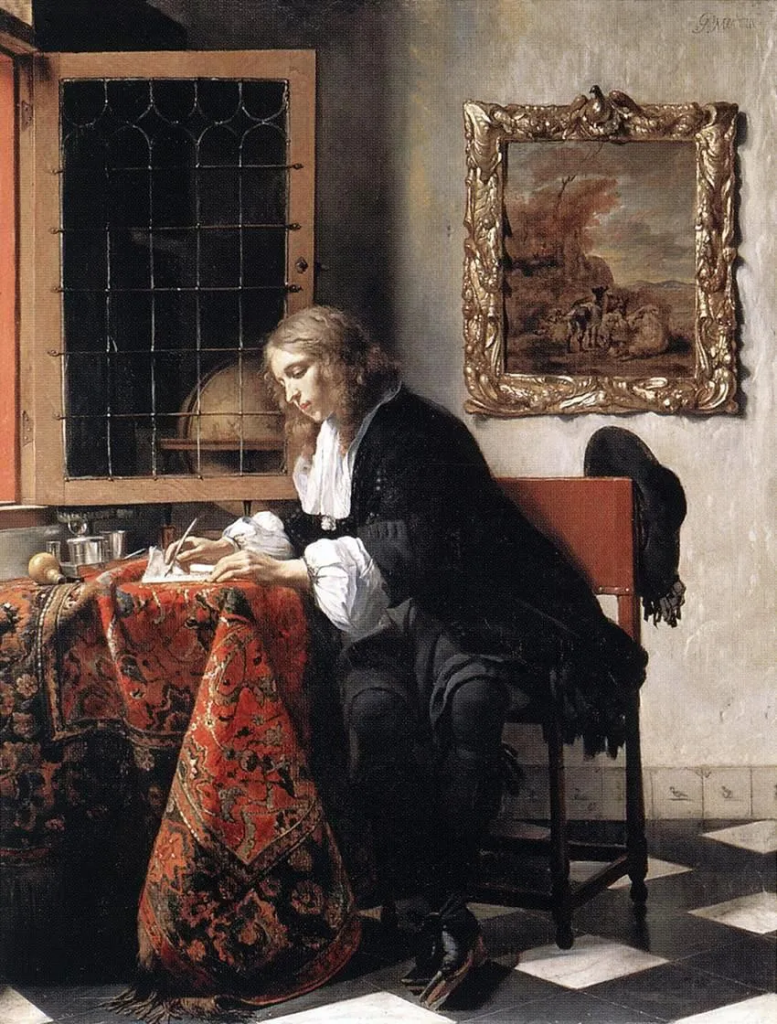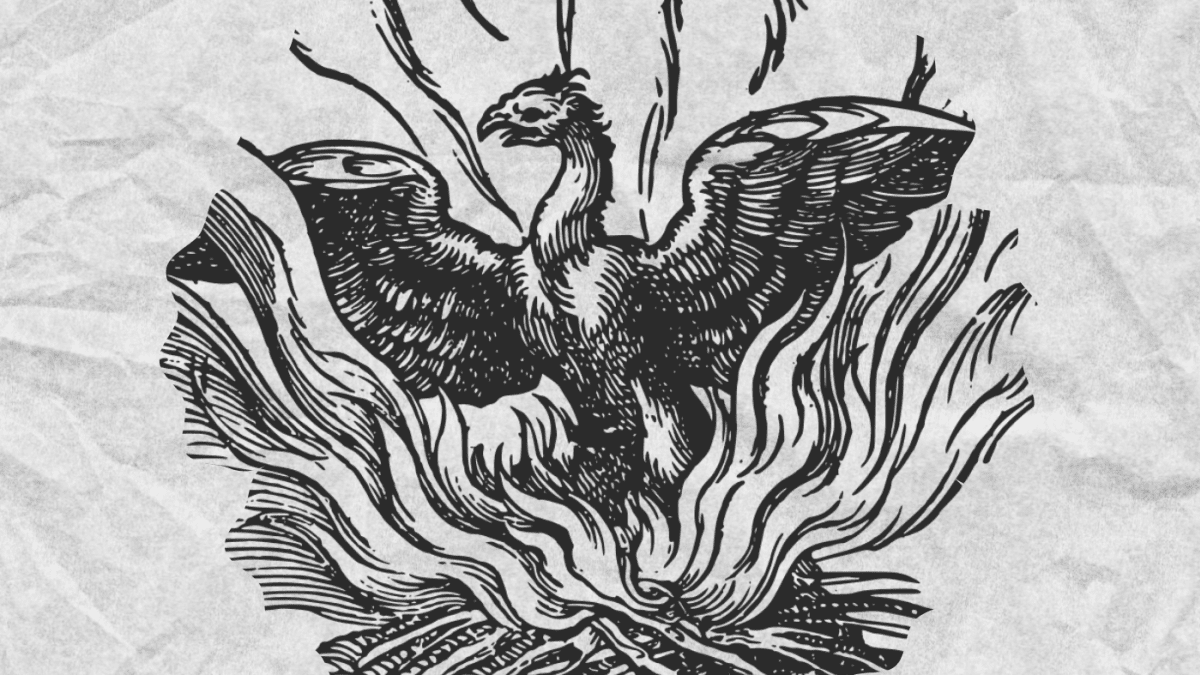
“You must have chaos within you to give birth to a dancing star.”
― Friedrich Nietzsche
You know what I find most odd, though, how you are never told why you should write something, anything. As if you are meant to figure it out yourself, without having another person instruct and inform you of its utility. Since youth, you are conditioned to think in a rather peculiar way. They do the choosing for you, but they fail to teach you how to do the choosing yourself – in other words, they tell you what to think without teaching you how to think.
A system whose primary concern is the cultivation of the individual and his potential to think on his own two feet would never permit such a state of affairs, if you ask me. Clearly, the power of being articulate and nuanced was not given its lawful attention, as if it were reserved for the few who were fortunate enough to be endowed with the knowledge, and were told to keep it to themselves, so that the propaganda machine continues to enforce a lasting silence, unintelligibility and weakness among the masses.
Writing doesn’t necessarily follow a set of metrics, which when followed, enable critical thinking. On the contrary, writing is incalculable and vast, and thus could only be mastered by diligent application and proper discernment. I have, for a long time, held the belief that many, often unintentionally, make writing more difficult than it is, because they haven’t accustomed themselves to it long enough to acknowledge its simplicity. When the poet and artist starts writing for the first time, they don’t so much proceed with the intention of being great writers. Perhaps, they proceed with the intention of acting as their own liberators and therapists, in due course producing a work of genius that encloses a higher immortal beauty that may have been obscured at the outset.
Subscribed
You ought to remember, many times the poet picks up the pen to salvage himself before everyone else, for the weight of his burden is relieved, even lifted, by his own – however feeble or insufficient – writing. When I am trying to convey a thought or feeling, I do not concern myself with how graceful or exquisite the words sound, or with how consistent and logical is the rhythm of my sentences. That only comes after, when I have thoroughly exhausted my thinking. Striking me unaware, I chiefly concern myself with squeezing out its fruit – for if I fail to carry out the first and most crucial part, I am certain to fail in the second. Trying to carry them both simultaneously is a recipe for disaster. One ought not to get ahead of himself.
Once you accustom yourself to the process, you will understand what it truly means to think, that is, to think clearly. Only then are you in a position to condemn the world – likewise, the poet often is at grips with himself first and foremost, he is his own worst enemy. And I can say with a great degree of certainty that many poets come into writing with a profound sense of unease and psychological harassment, as if their heart has grown so tense, so fraught with pain and suffering, that it ought to seep through the paper to regain its strength. In due course, it turns into a consuming passion when the poet finds out the retrieval of his own being, and the deliverance of his own unbearable lack of belonging.
The poet is touched by something that is patently uncommon, that trumps even weakness and suffering, that reaffirms the meaning of existence itself – that is where his newly found hope emerges; first it’s despair that persuaded his writing, now it’s aspiration that moves it. Despair was the cause, aspiration was the effect. Despair was the poet’s way of looking toward the rear, aspiration was the poet’s way of looking into the open skyline – a range of experience whose scope brims with potential, ambition, and longing. Critical thinking, then, is merely the reward of bearing the fruit of your untapped art, not of longing to be a critical thinker. The latter comes after, and isn’t the cause – among poets – for taking up the practice. If it were, their art would be sapped of its marrow.
We write because we have something to say, a part of us yearns to confess itself, to be let loose, to be given a raging voice. The more you loosen that part of yourself which longs to be beautified and fostered, the more you come to understand yourself as a whole. That is partly why we write – to find some solace in understanding; ourselves – with all our delicacies – people, and the world. But if you’re going to resolve to write, you can’t launch into it half-heartedly. You must bear a heartfelt, intense desire to write, only then will you possess the single-mindedness to persevere in times of acute hardship – for that is when you will need writing the most, when it’s most worthwhile – depending on why and what you’re writing.
You may feel shame and disgust for openly speaking of your difficulties, but when you’re writing in private, there is no humiliation at all. It’s merely you, your thoughts and the paper. No one will ever come across your darkest thoughts without your consent – perhaps you can find some security and respite in that knowledge. I suppose that is why for many artists alike, writing is a hiding place away from the madness of everyday life. It is their secluded lodge, where they get to entertain their darkest, most tragic, most intimate, most ghastly thoughts – without sensing the slights of judgement. For that is when the poet is most glasslike and lucid; when he knows in his heart nobody is watching over him, when he knows he can waive his facade and reveal his face, with all its beauty and depth and shadow.

“You must be ready to burn yourself in your own flame; how could you rise anew if you have not first become ashes?”
― Friedrich Nietzsche, Thus Spoke Zarathustra
Like a mirror, what he sends back is his most undiluted self, absent of fiction, lies, deception. The lustrous luminosity of his soul pierces through the glass, accompanied by a perspicuity and sharpness of thought superior even to sanity. Only then is he truly and unreservedly profound, real, and earnest. His most fervent emotions are not overcome or repressed by public opinion or bad company; solitude strips him of all petty games and deceit, casting off his dead skin. As the phoenix, in classical mythology, burned itself and rose from the ashes with renewed animation to see another cycle, so has the poet set himself ablaze and loomed into a novel artistic life.

